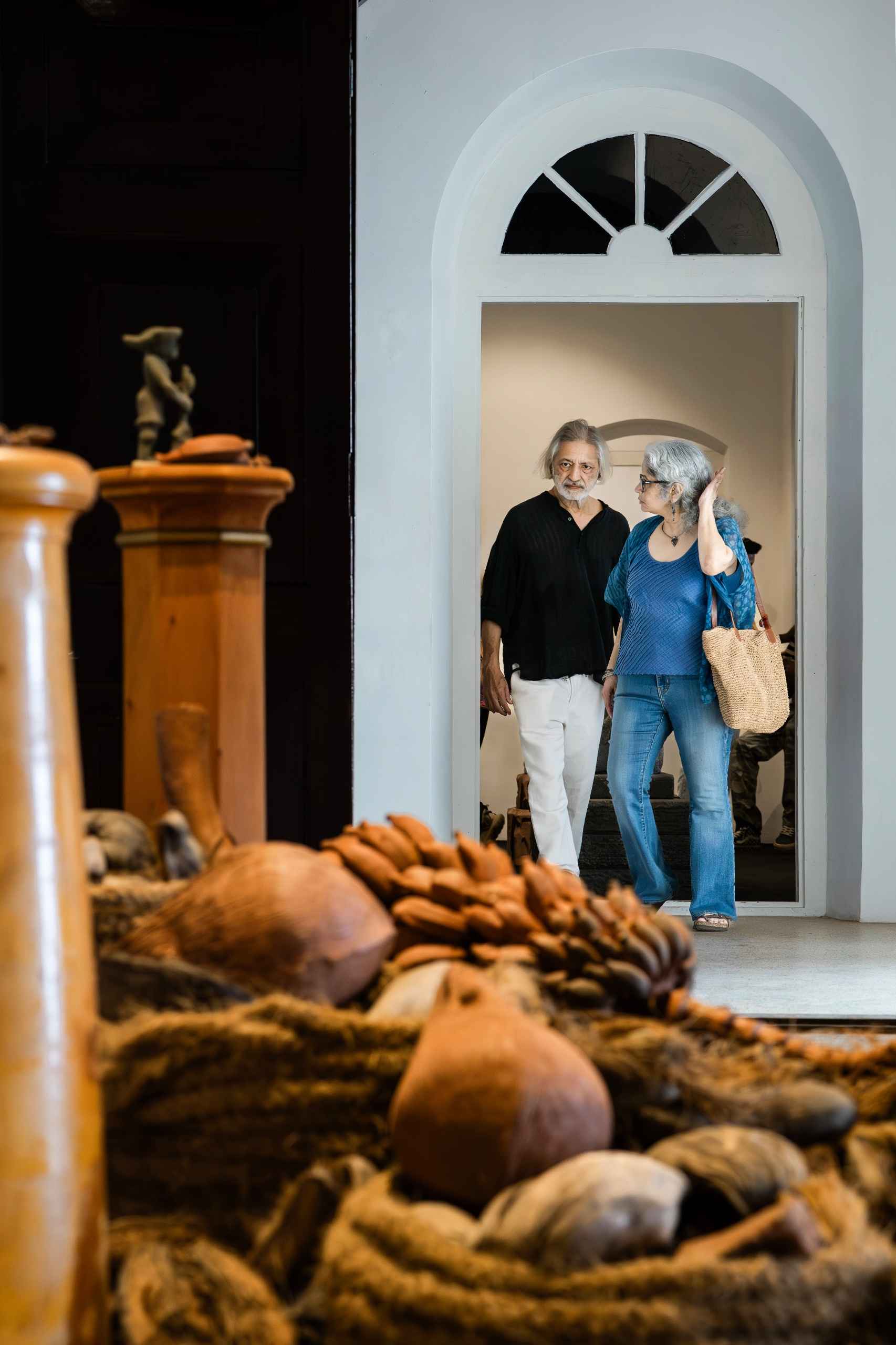Ayurveda is anchored in evidence: Experts at WAC
Dehradun / December 14, 2024
Dehradun, Dec 14: A number of Ayurveda practitioners, academics and industry representatives attending the World Ayurveda Congress (WAC) here have asserted that India’s traditional wellness system is anchored in evidence.
The panellists , participating in a session on “Evidence-Based Ayurveda” , said the misperception to the contrary has been identified as a major hurdle to the wider acceptance of the traditional Indian medicine system, especially abroad.
The panellists, however, suggested the evidence-base of Ayurveda needs be further strengthened by conducting clinical trials on new medicines and treatments and sharing the results with all stakeholders by publishing them in industry and international journals and portals. In addition, Ayurveda practitioners should be encouraged to improve their documentation skills and upload case studies on web platforms like Ayurveda Clinical e-Learning (AyurCeL).
There are initial signs of success. More than 100 case studies were posted on AyurCeL in the past one-and-a-half years, compared to just 300 recorded Ayurveda case studies in the previous 40 years, it was revealed during the session.
Describing evidence-based ayurveda as a “hot topic”, Dr Girish Tillu from the Savitribai Phule Pune University, said evidence is needed to back up claimed outcomes and for an understanding of the concepts. “What is evidence-based is driven by logic,” he said.
Dr Sanjeev Rastogi, from the University of Lucknow’s Ayurveda Faculty, said with an evidence-based system, it is important for stakeholders to agree on “what evidence is and how it is relevant to Ayurveda”.
He said Ayurveda has always been an evidence-based practice. Ayurveda practice is driven by the evidence recorded in classical texts and the evidence personally gleaned by the practitioner in clinical practice.
On the other hand, modern medicine is based on text with actual practice given little importance, he said, suggesting that it was modern medicine that needed to change with the perspective of ayurveda.
Dr Mohanan Kunnummel, Vice Chancellor of the Kerala University of Health Sciences, pointed out that evidence can change over time. Citing the example of the X-ray, he said it was initially used widely to look at internal organs to diagnose the disease. With the evidence now suggesting that X-rays can cause cancer, it is now used only sparingly.
He said Ayurveda was not based on belief but on practice over the years. “That it has remained for thousands of years is itself evidence”, he said. “There’s no conflict. You must validate”, he said, backing the effort to make it evidence-based.
He urged practitioners to develop the habit of documenting case studies. “If you don’t document it, it does not exist,” he said.
Agreed Dr Bhushan Patwardhan, National Professor, Ministry of AYUSH. “Any medicine system has to be evidence-based. If you can’t explain why a treatment is successful, it will be seen as success by chance,” he said.
Dr Babu UV, Director of R&D at The Himalaya Wellness Company, highlighted some of the challenges in going the evidence-based way, from the industry perspective. It was a challenge to ensure consistent product quality because ingredients like herbs can change due to geography, seasons and agricultural practices.
“Once a product is developed, it is trialled with good lab practices, then validated and finally scaled commercially. “There’s no other way but we have to establish the evidence, and then validate that evidence.”
Ends


